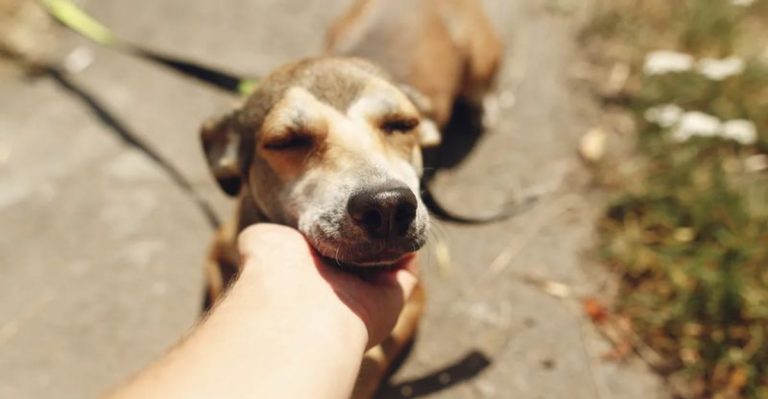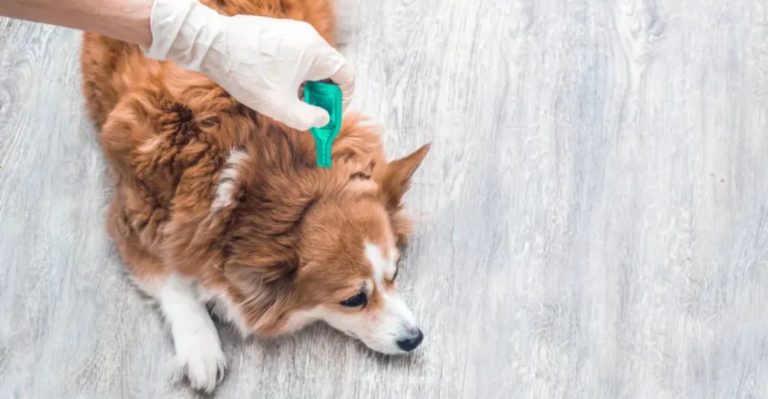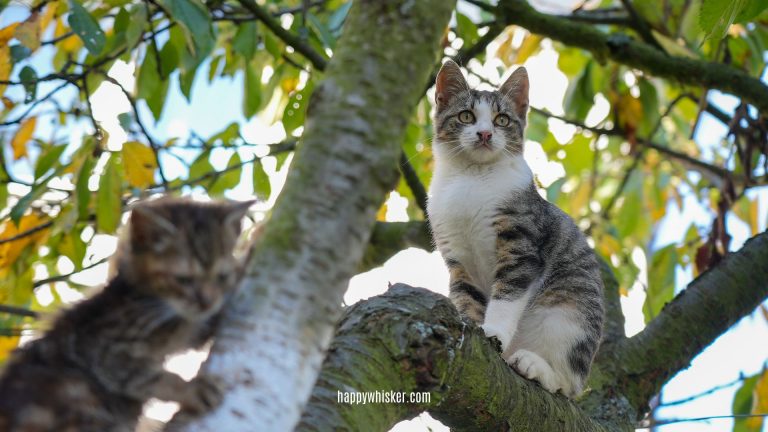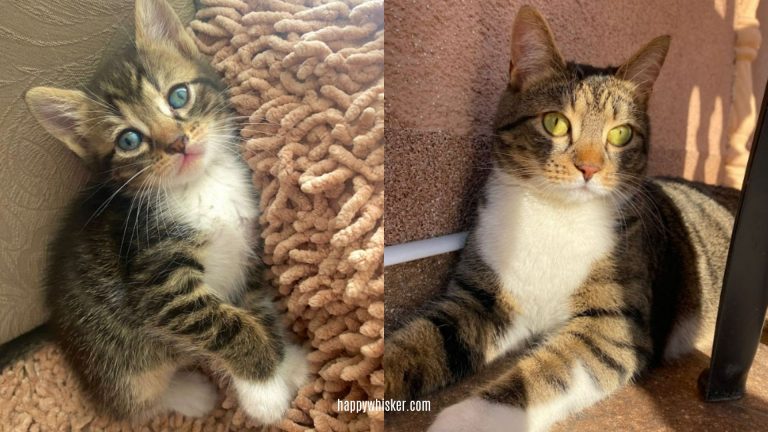9 Dog Breeds Most Frequently Returned To U.S. Shelters
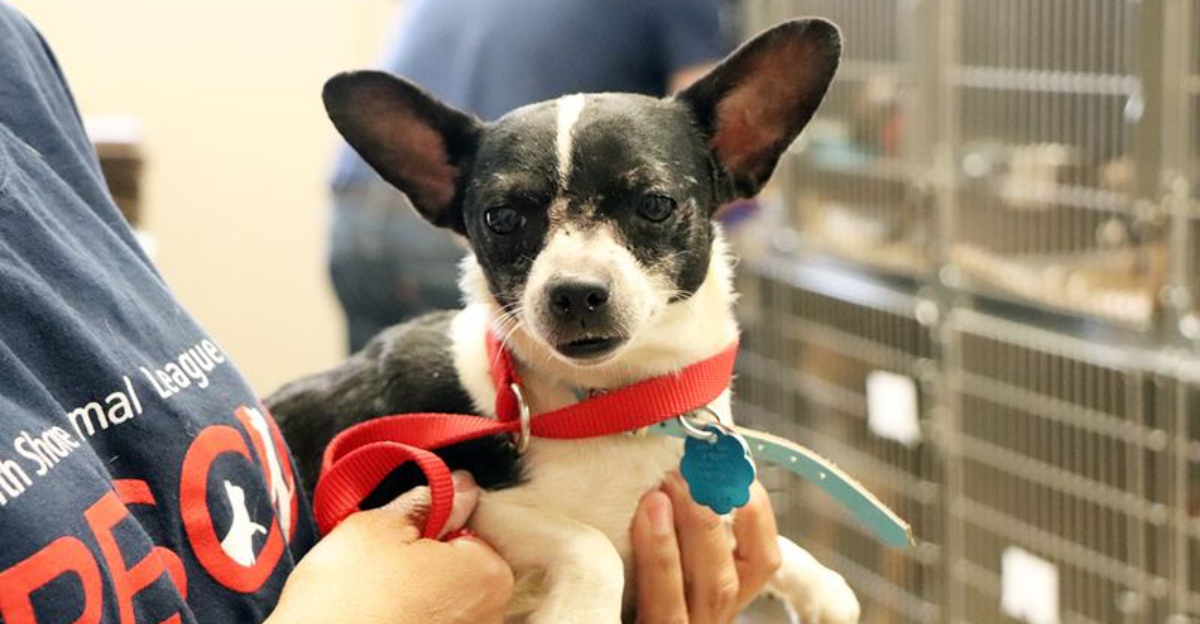
Every year, thousands of dogs find themselves back in shelters after being adopted. Sometimes the match between dog and owner just isn’t right. Understanding which breeds are commonly returned can help future pet parents make better adoption choices.
Let’s look at dog breeds that frequently get returned to shelters and why these lovable pups might struggle to find their forever homes.
1. Pit Bull Terrier
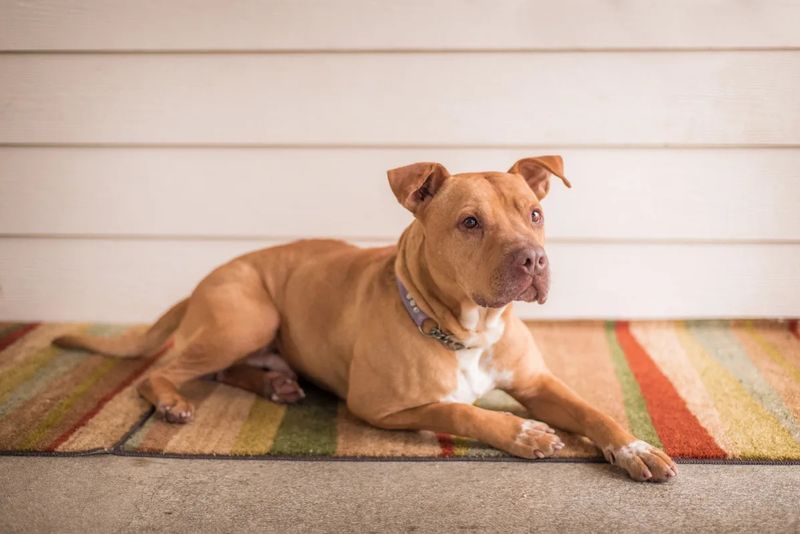
Unfairly labeled as aggressive, Pit Bulls actually score higher on temperament tests than many popular family dogs. These muscular pups crave human connection and often become velcro dogs, sticking close to their favorite people.
Sadly, breed-specific legislation and rental restrictions make Pit Bulls hard to house. Many adopters return them when facing housing challenges or insurance issues.
First-time dog owners might be unprepared for the breed’s strong physique, which requires proper training and socialization from an early age.
2. Labrador Retriever
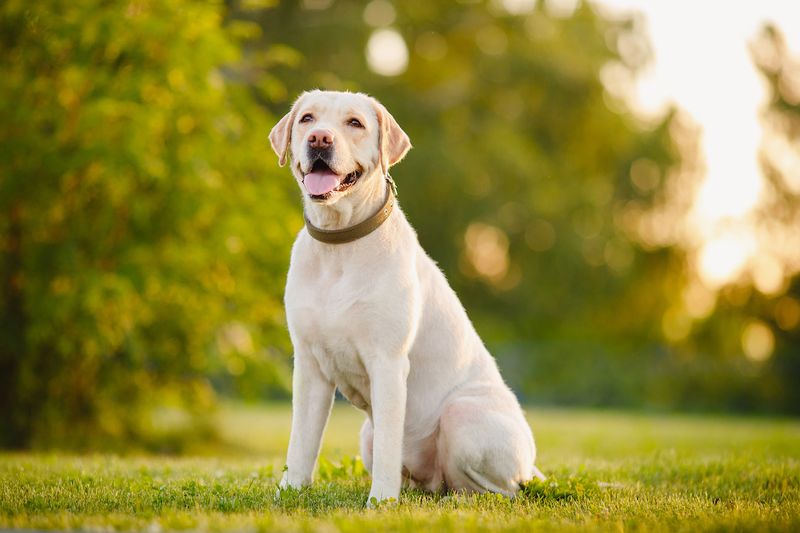
America’s favorite dog breed surprisingly makes this list! Labs may seem like the perfect family pet with their friendly smiles and wagging tails, but their energy levels catch many owners off guard.
Young Labs can be destructive whirlwinds without proper exercise. Chewed furniture, dug-up gardens, and endless barking result from boredom in these intelligent dogs.
Health issues like hip dysplasia can also lead to returns when medical costs mount unexpectedly for unprepared families.
3. Chihuahua
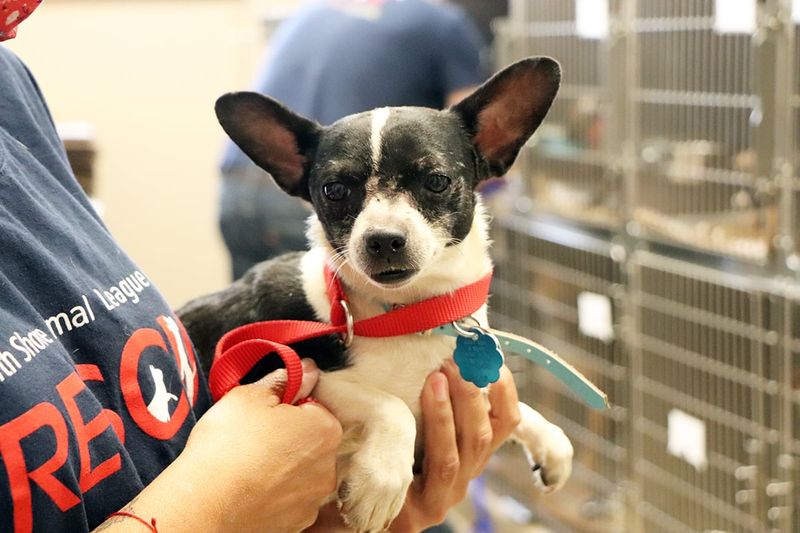
These pocket-sized pups often find themselves back in shelters after being adopted as fashion accessories rather than living beings with specific needs. Behind their tiny frames lies a fiercely loyal personality with surprising boldness.
Many Chihuahuas develop small dog syndrome when owners fail to set boundaries. Their tendency to bond strongly with one person while remaining suspicious of strangers can create household tension.
Housebreaking challenges and excessive barking further contribute to their high return rates.
4. German Shepherd
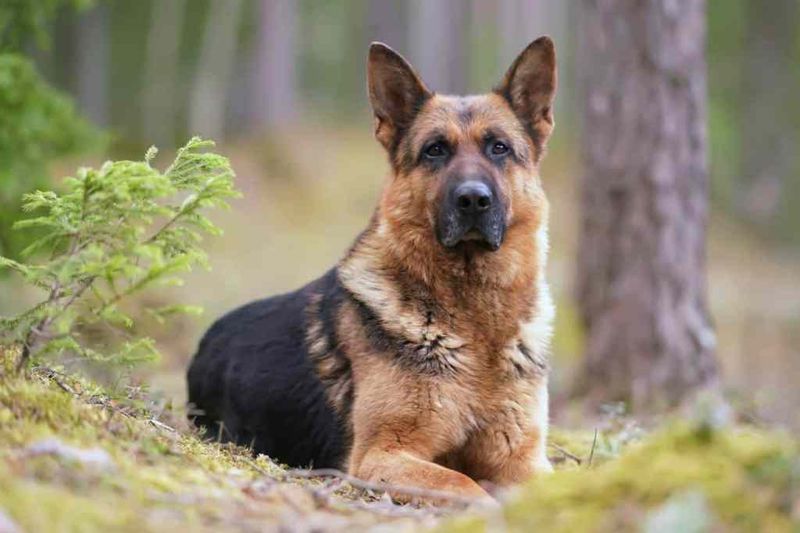
Hollywood portrays German Shepherds as the perfect canine heroes, but real-life ownership proves more complex. These brilliant dogs require mental challenges as much as physical exercise, a bored Shepherd becomes a destructive one.
Their protective instincts, while valuable in certain settings, can develop into problematic behaviors without proper socialization. Shedding is another reality check for unprepared owners—these dogs practically change their coat twice yearly!
Health issues like hip dysplasia can also lead to difficult decisions for families facing mounting veterinary bills.
5. Beagle

Those soulful eyes and floppy ears make Beagles irresistible, but their howling can strain neighborly relationships. Originally bred for hunting, their powerful noses lead them wherever interesting scents beckon, often ignoring recall commands completely.
Food motivation makes Beagles notorious counter-surfers and garbage raiders. Their escape artist tendencies surprise owners who discover these small dogs can jump remarkably high fences when motivated.
The combination of stubbornness, vocal nature, and endless energy creates challenges for families expecting an easy-going companion.
6. Boxer

Boxers remain puppies at heart well into adulthood, bouncing through life with exuberance that can overwhelm unprepared owners. Their playful paw swipes, the boxing moves that gave them their name, may startle children or elderly family members.
Health concerns plague the breed, with heart problems and cancer appearing frequently. The drooling and snorting from their brachycephalic faces surprises owners expecting a mess-free pet.
Without proper outlets for their boundless energy, Boxers can transform homes into obstacle courses of knocked-over furniture and broken decorations.
7. Dachshund

“Wiener dogs” charm everyone with their distinctive silhouettes, but their hunting heritage creates surprisingly tenacious personalities. These little dogs often develop big attitudes, believing themselves capable of taking on much larger animals.
Back problems plague the breed due to their long spines. Many owners return Dachshunds after discovering the potential for expensive surgeries and lengthy recoveries from intervertebral disc disease.
Their stubborn streak makes training challenging. These intelligent dogs question why they should follow commands when they have their own agenda.
8. Jack Russell Terrier
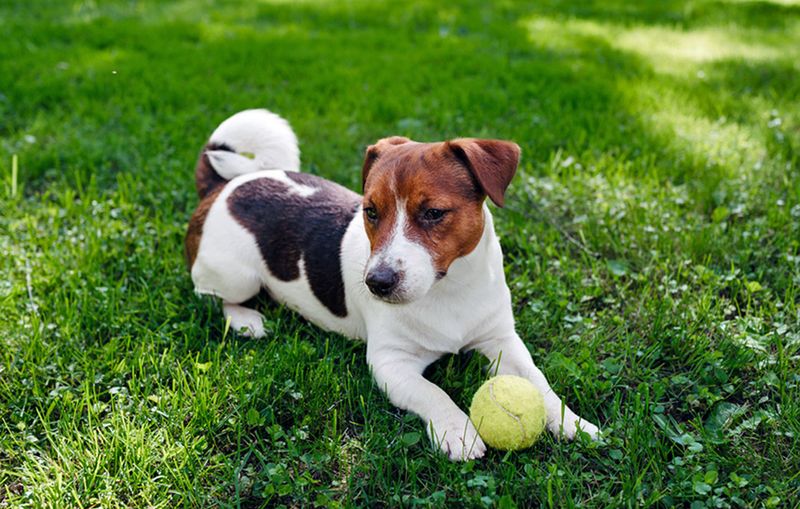
These little dynamos pack marathon-level energy into compact bodies. Jack Russells were bred to hunt foxes all day, and they haven’t forgotten their purpose, even when living in apartments.
Boredom transforms these clever dogs into destructive excavators of couches and creators of escape tunnels under fences. Their prey drive means smaller pets may become targets rather than friends.
Many owners surrender Jack Russells after underestimating their exercise requirements and discovering that cute movie dogs like Eddie from Frasier require professional training in real life.
9. American Bulldog
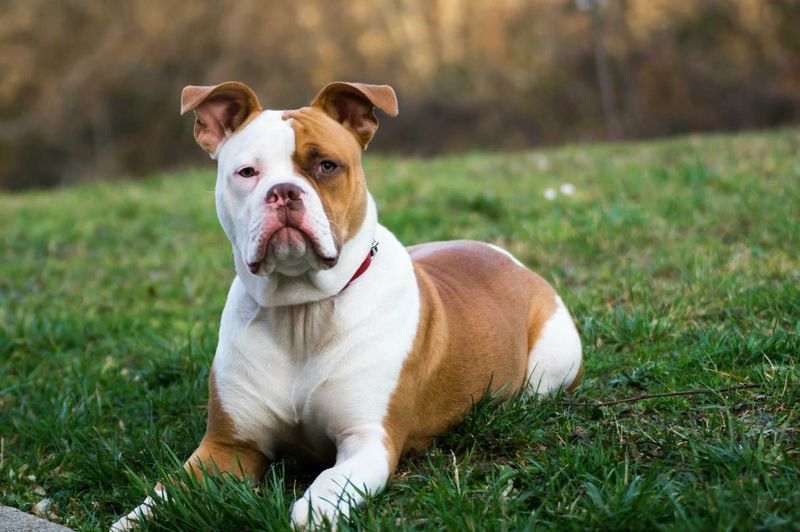
Powerful yet affectionate, American Bulldogs capture hearts with their loyal nature. However, their imposing physique requires confident handling. These dogs can easily pull inexperienced owners off their feet during walks.
Protective instincts make early socialization crucial. Without proper training, their guarding tendencies can develop into problematic behaviors toward visitors or other animals.
Rental restrictions similar to those affecting Pit Bulls often force heartbreaking surrenders when owners move. Their drooling habits and potential for allergies add additional challenges for unprepared families.

